Here is a datasheet for LM324:
https://www.fairchildsemi.com/datasheets/LM/LM2902.pdf
It says: Large DC Voltage Gain: 100dB
Does that mean the "open loop voltage gain is" 100000?
Is "Open loop voltage gain" the same thing with "Large DC Voltage Gain"?
Are they the same thing?

